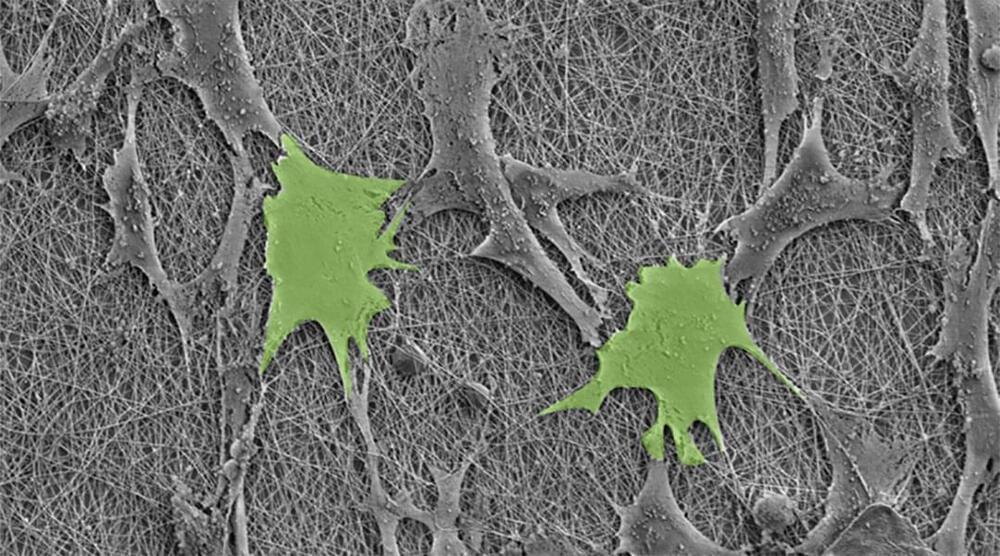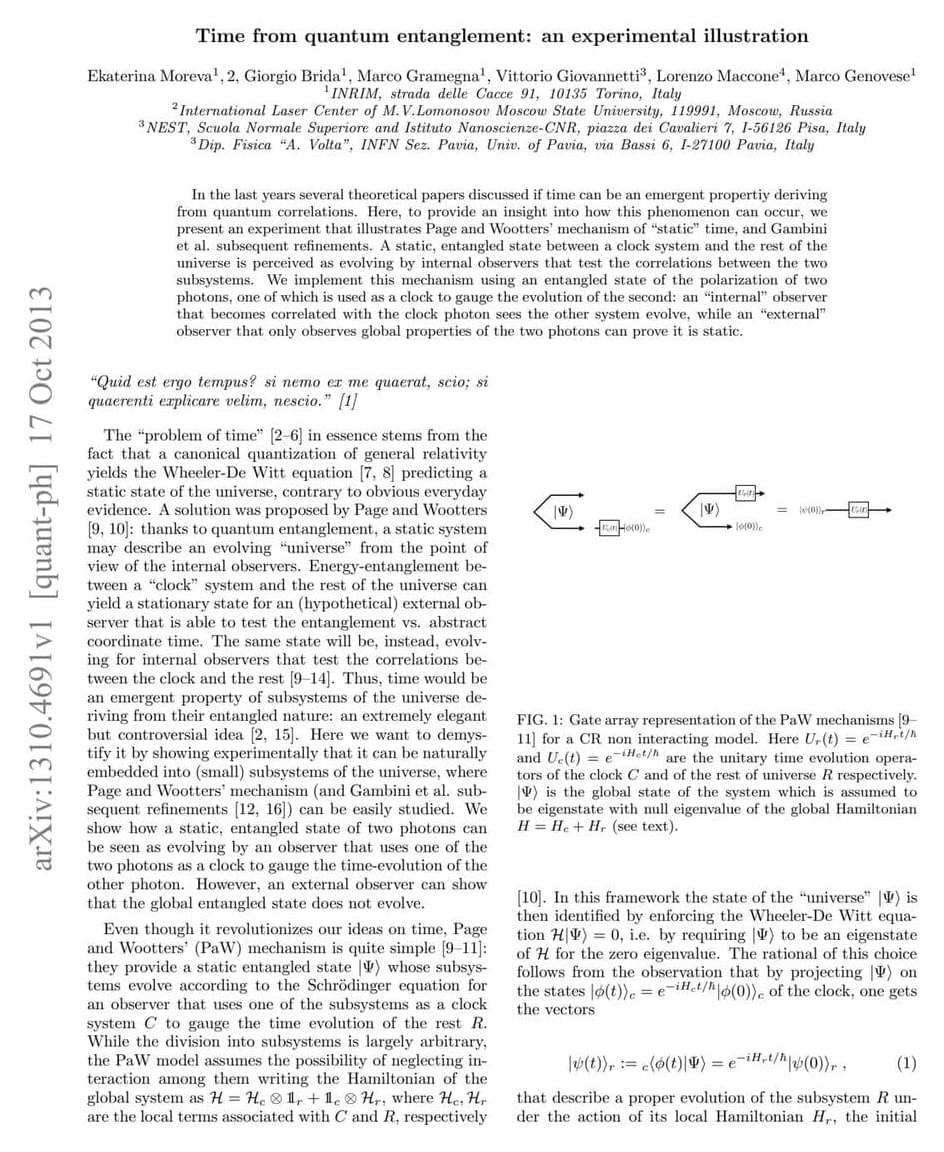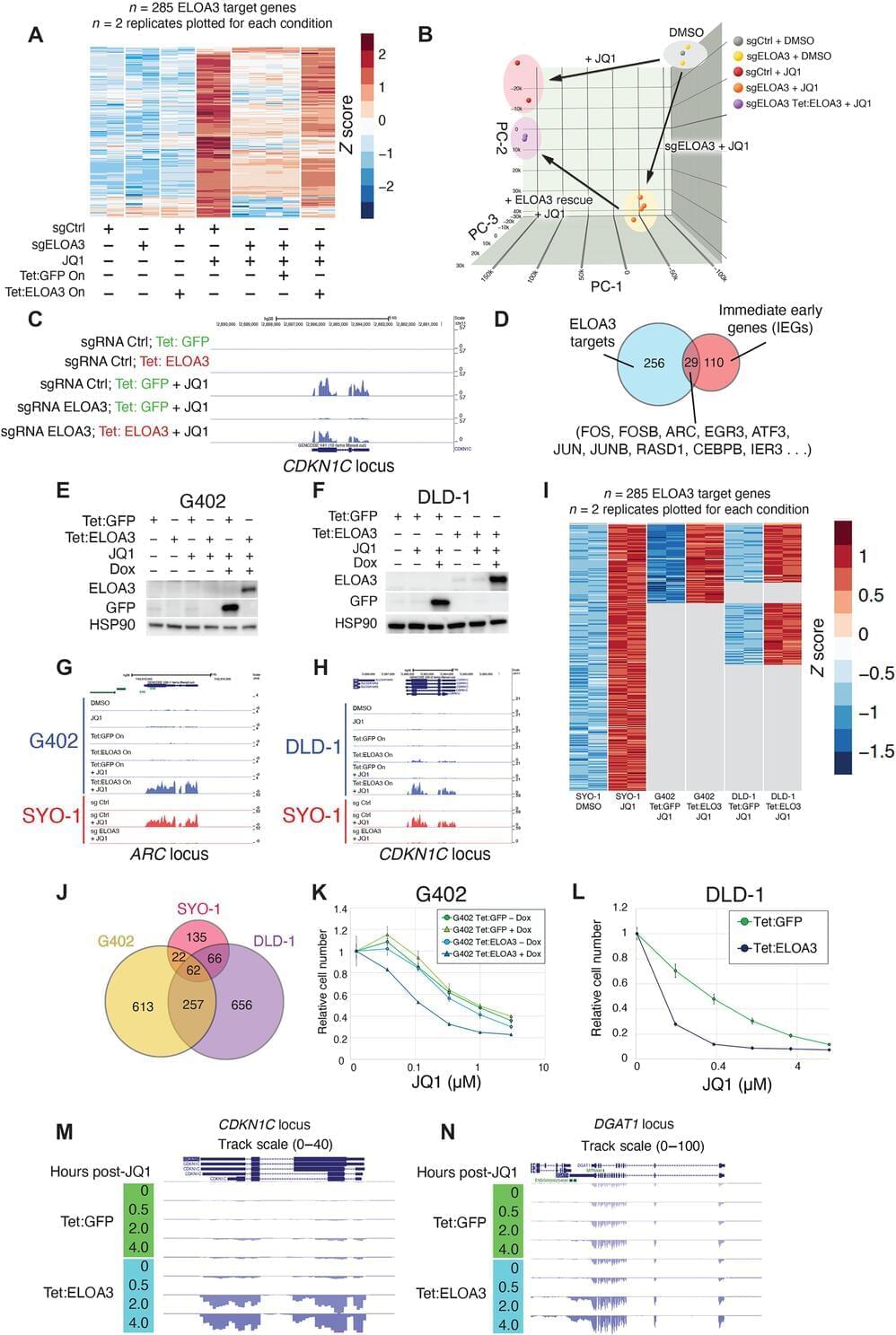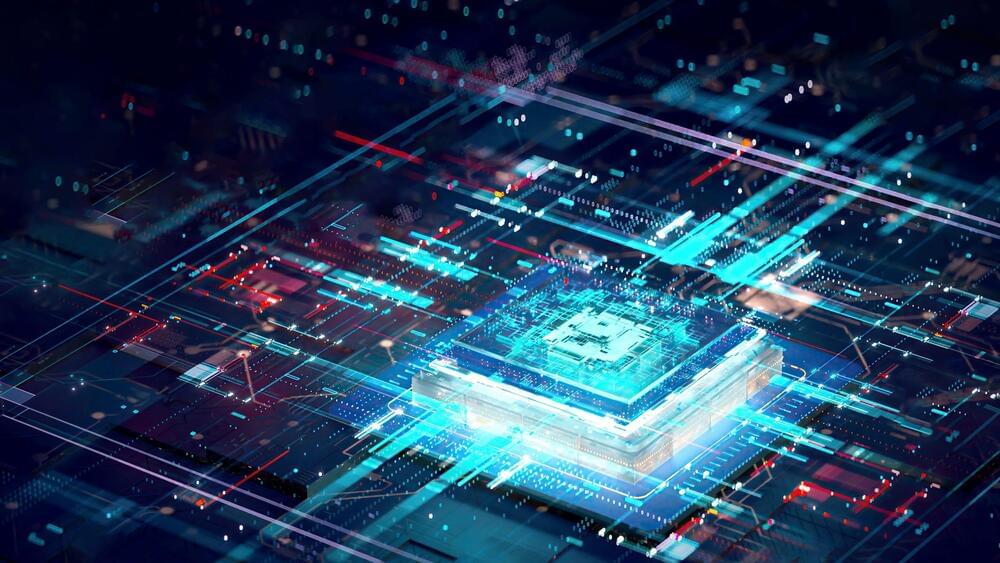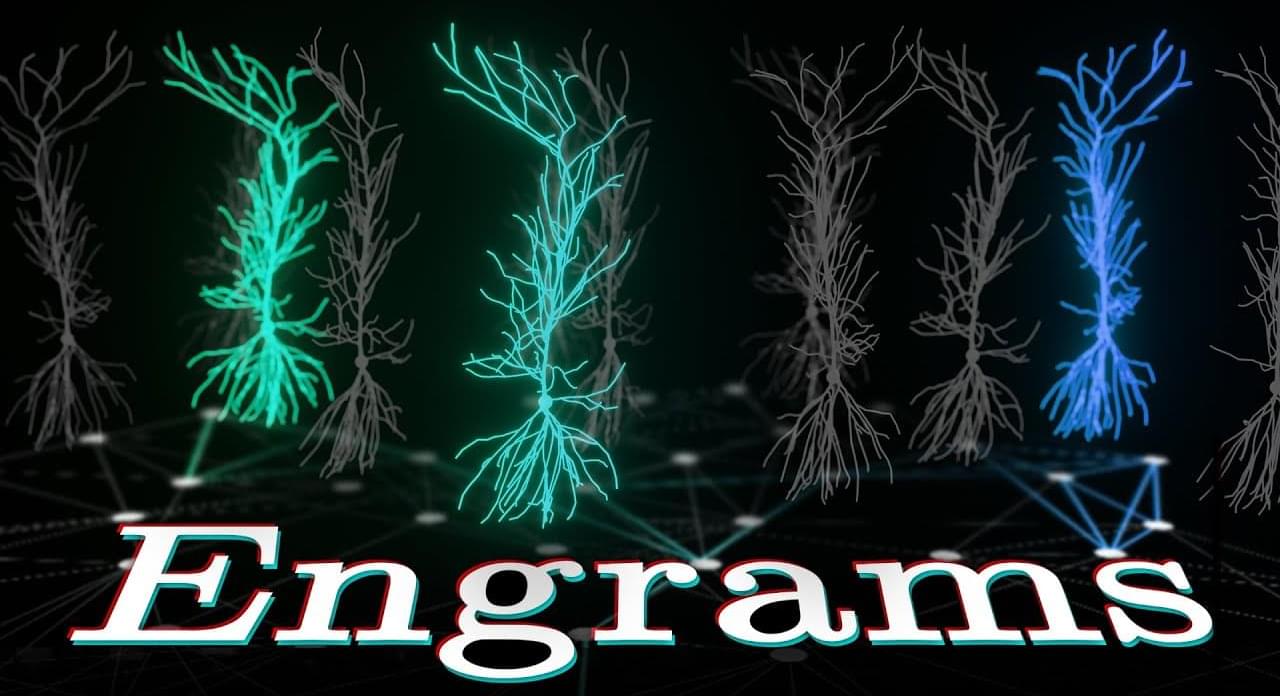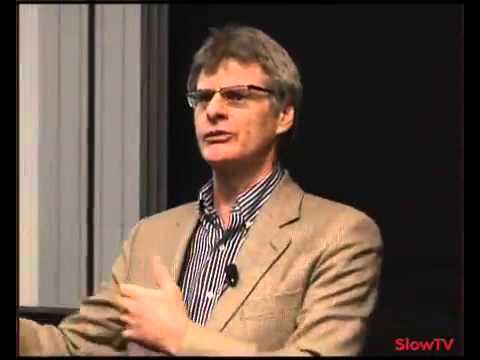Nov 25, 2023
How a textile technology is supercharging stem cell growth
Posted by Arthur Brown in categories: biotech/medical, genetics
Weaving piezoelectric polymers into nanofibers reveals a surprising pathway to boost stem cell growth naturally, without external power.
Our bodies are a complex tapestry of cells, woven into tissues and organs, like bones, muscle, and skin. All these cells begin as blank slates called stem cells, which are directed to become all the unique cell types in the body by a myriad of genetic and environmental cues.
To harness the biomedical potential of stem cells, researchers have long sought ways to untangle these factors and find a recipe to efficiently grow any desired cell type. Now, expertise from textile research is helping create a new platform to achieve this goal.
